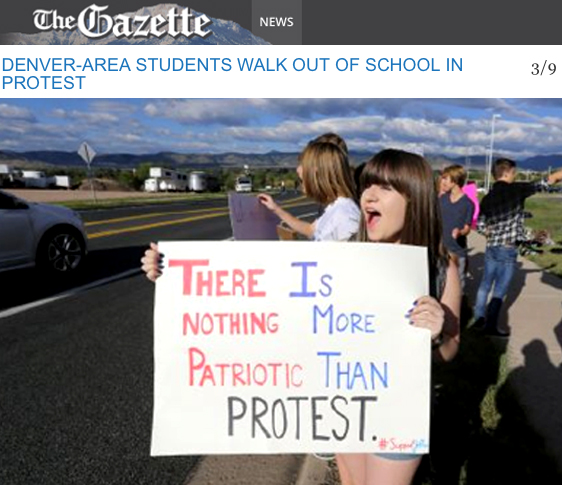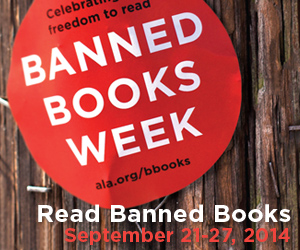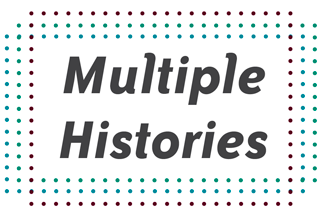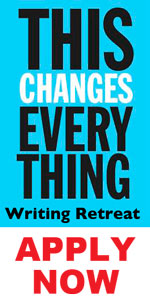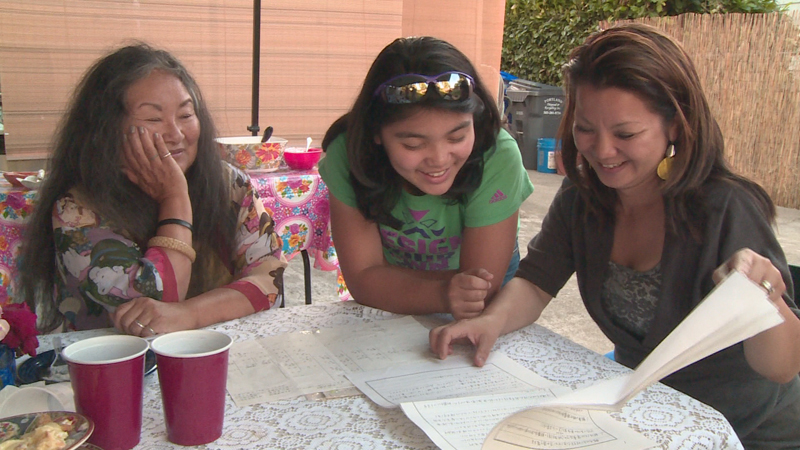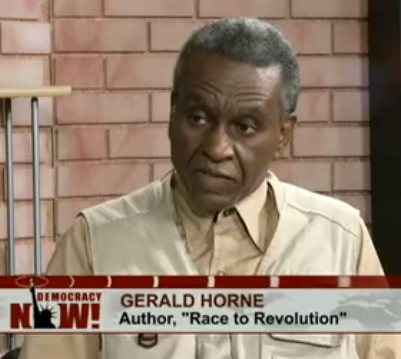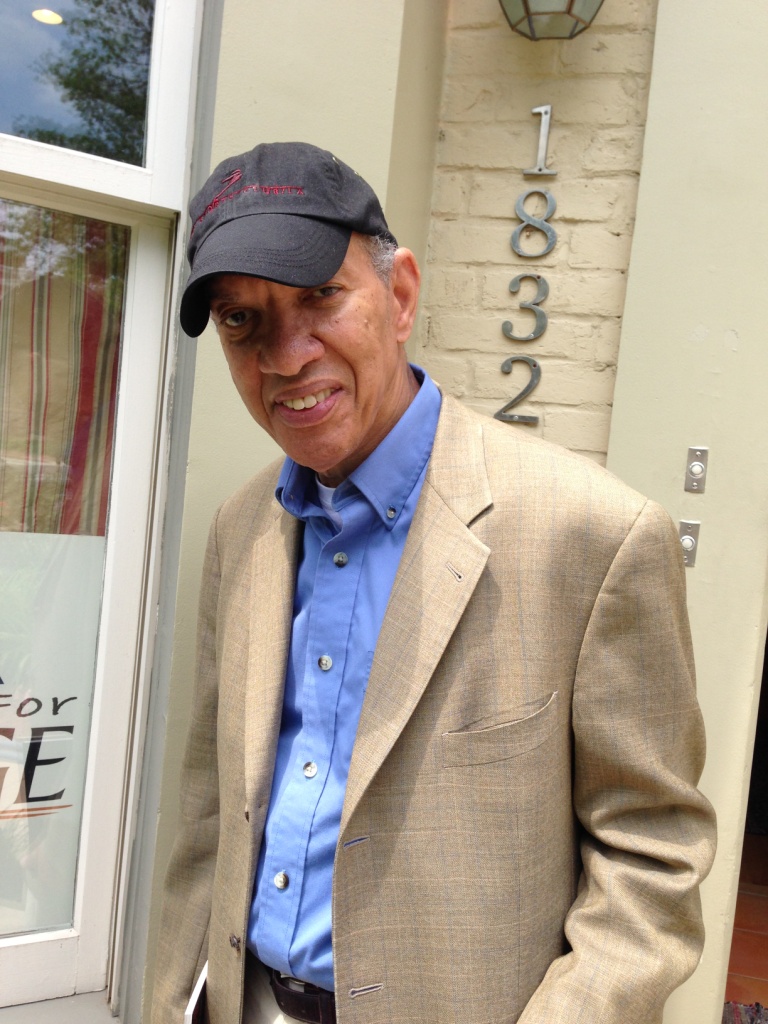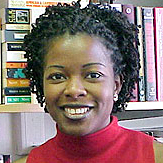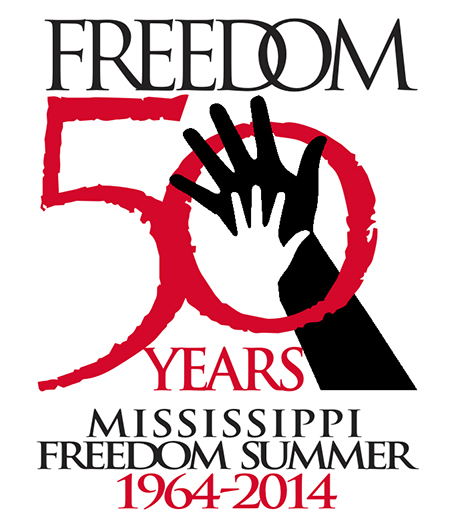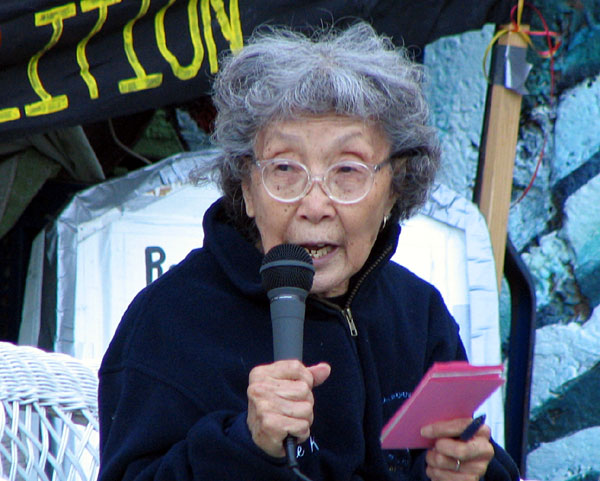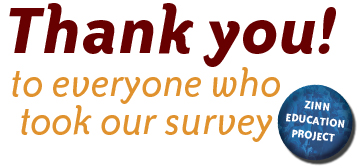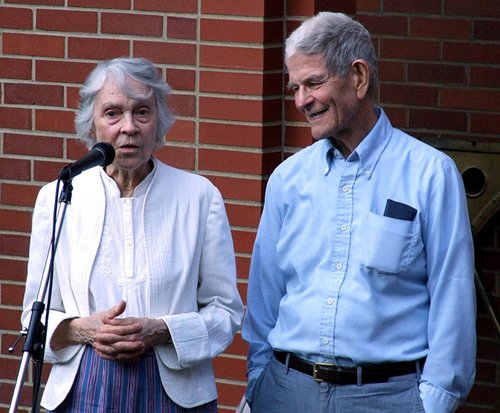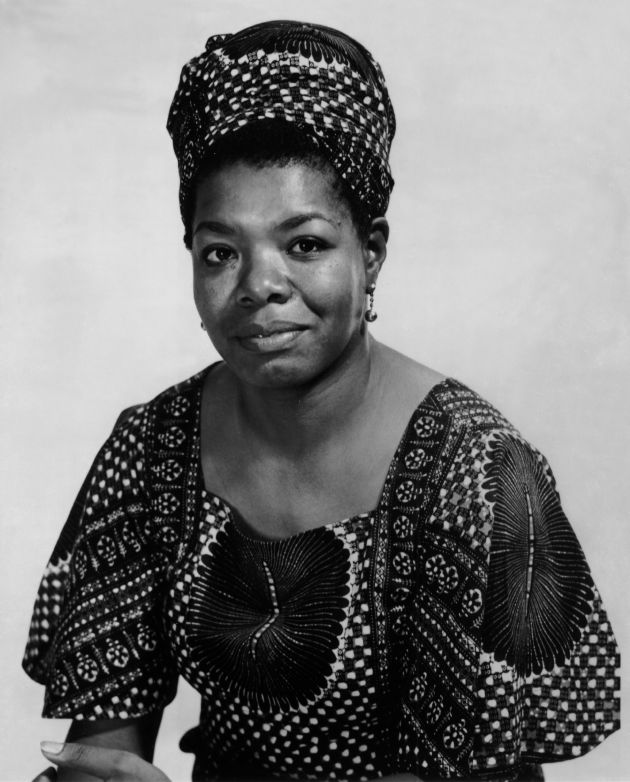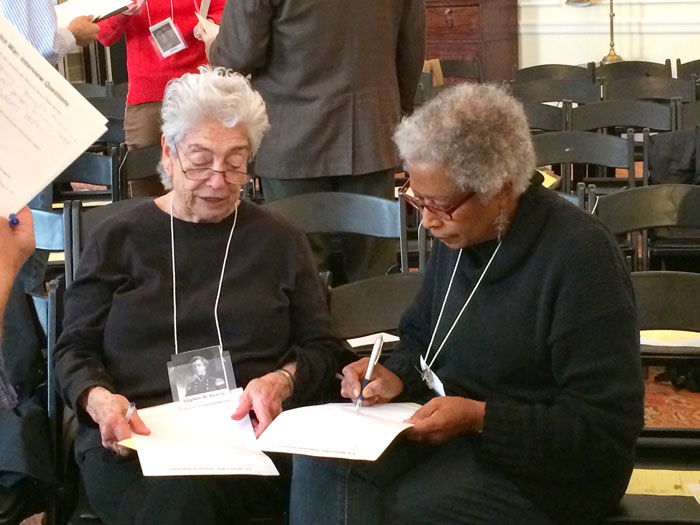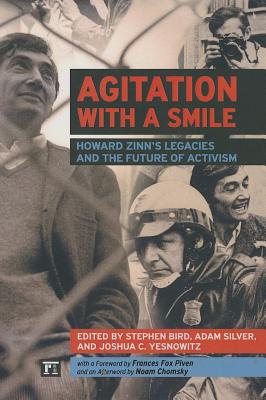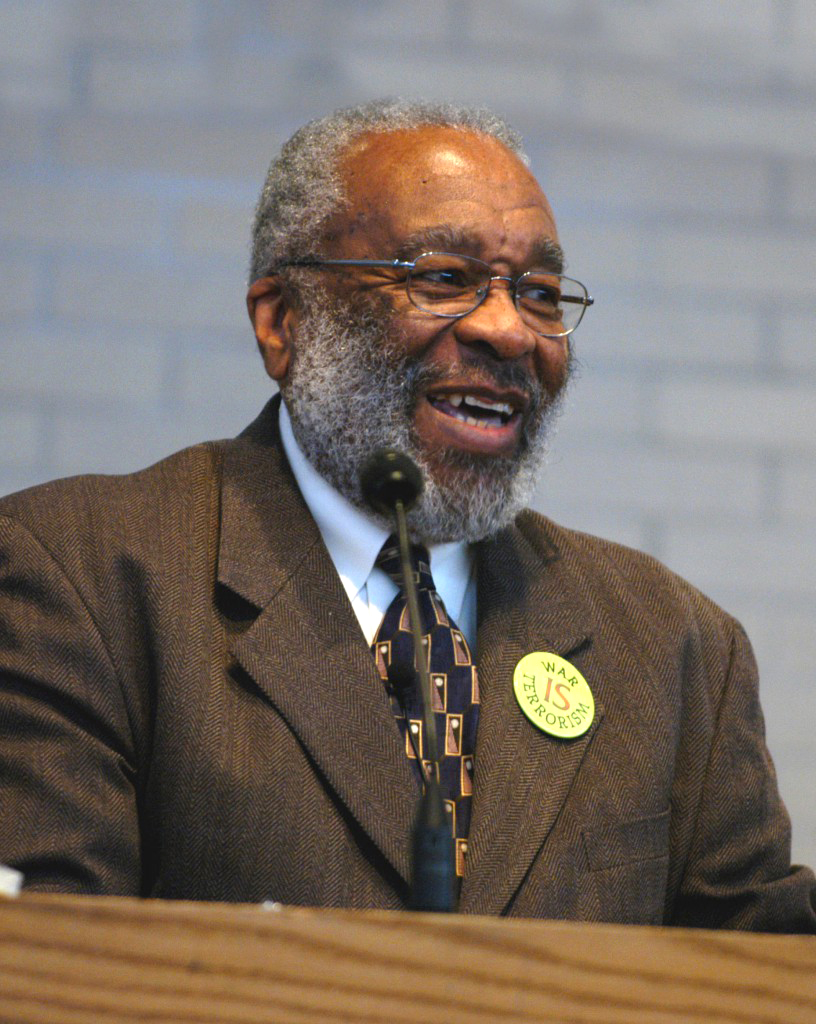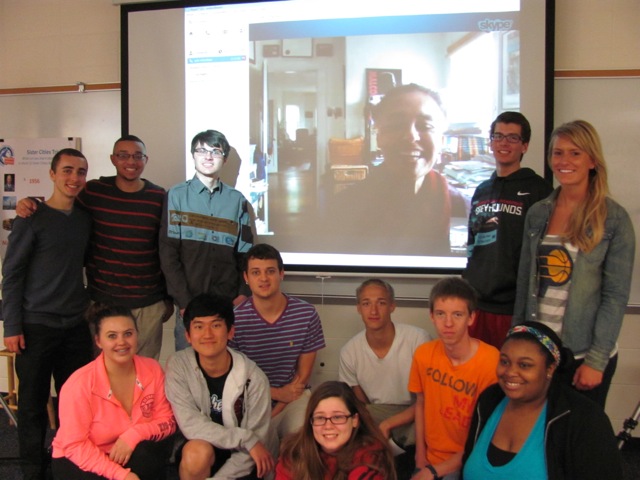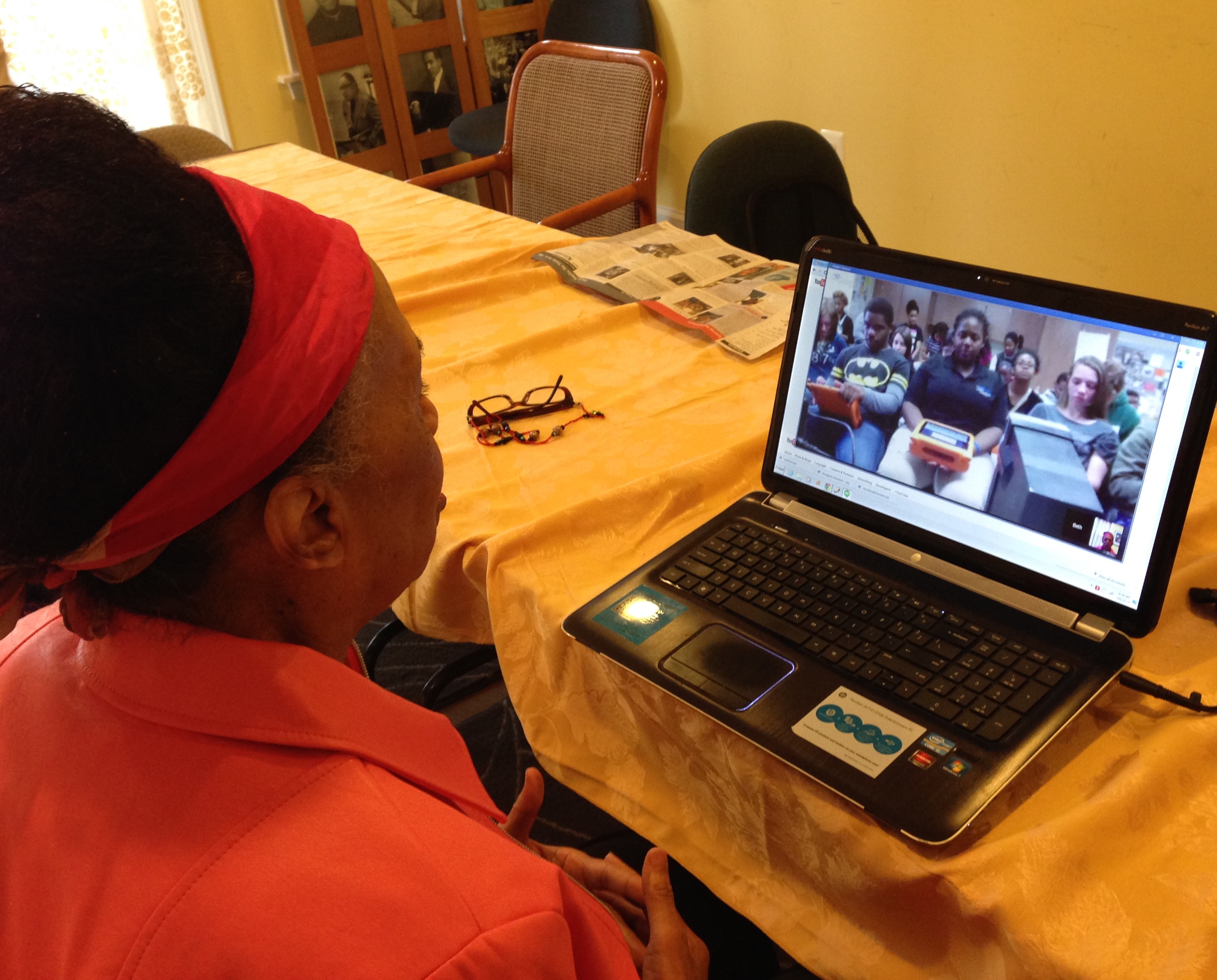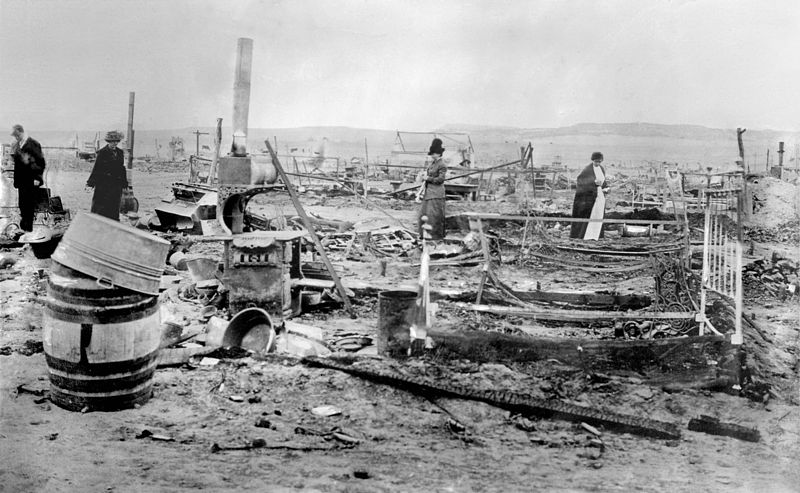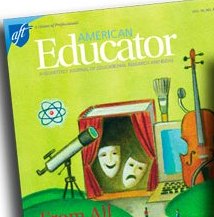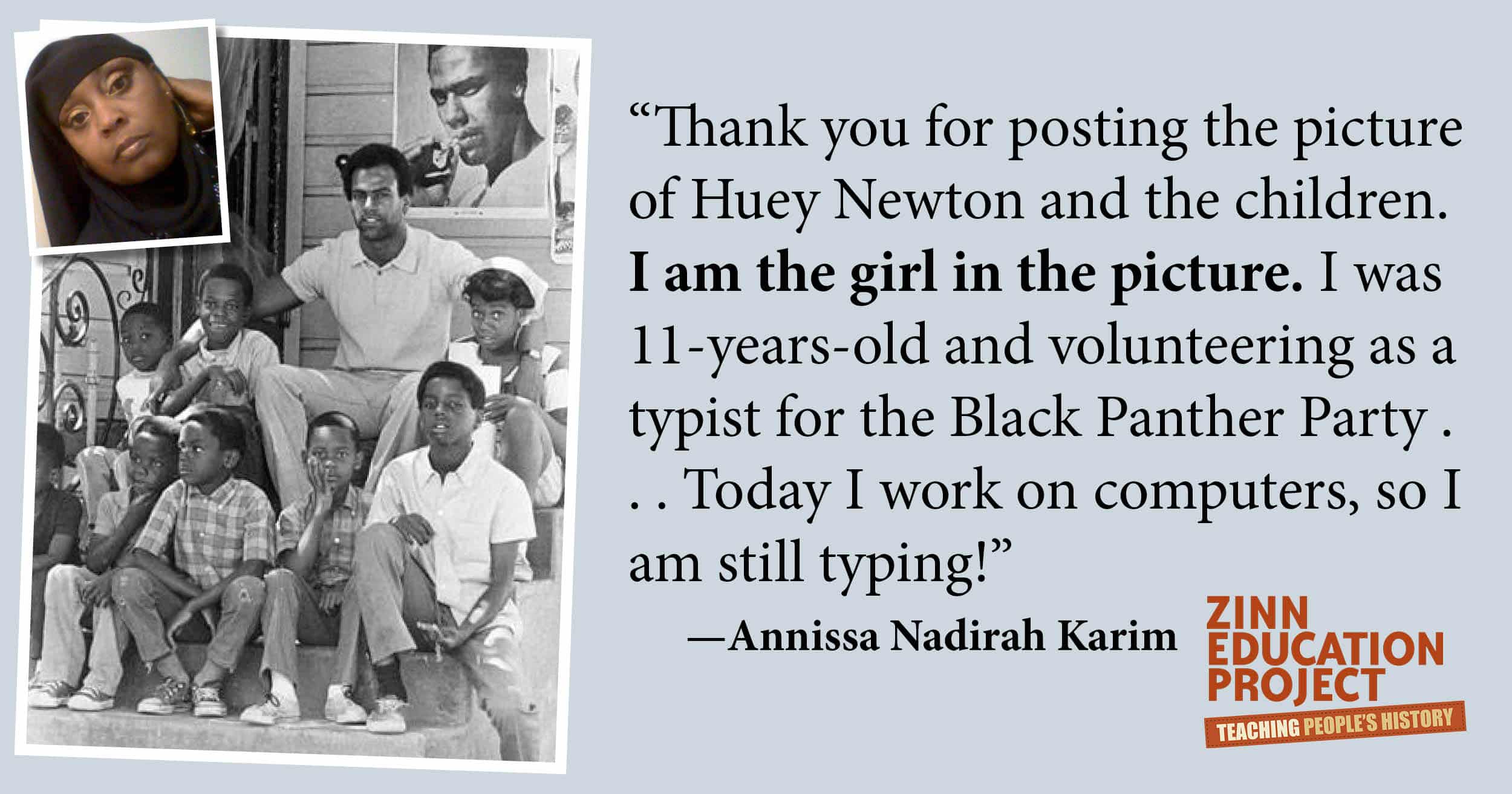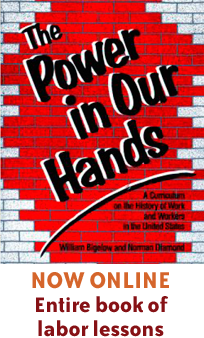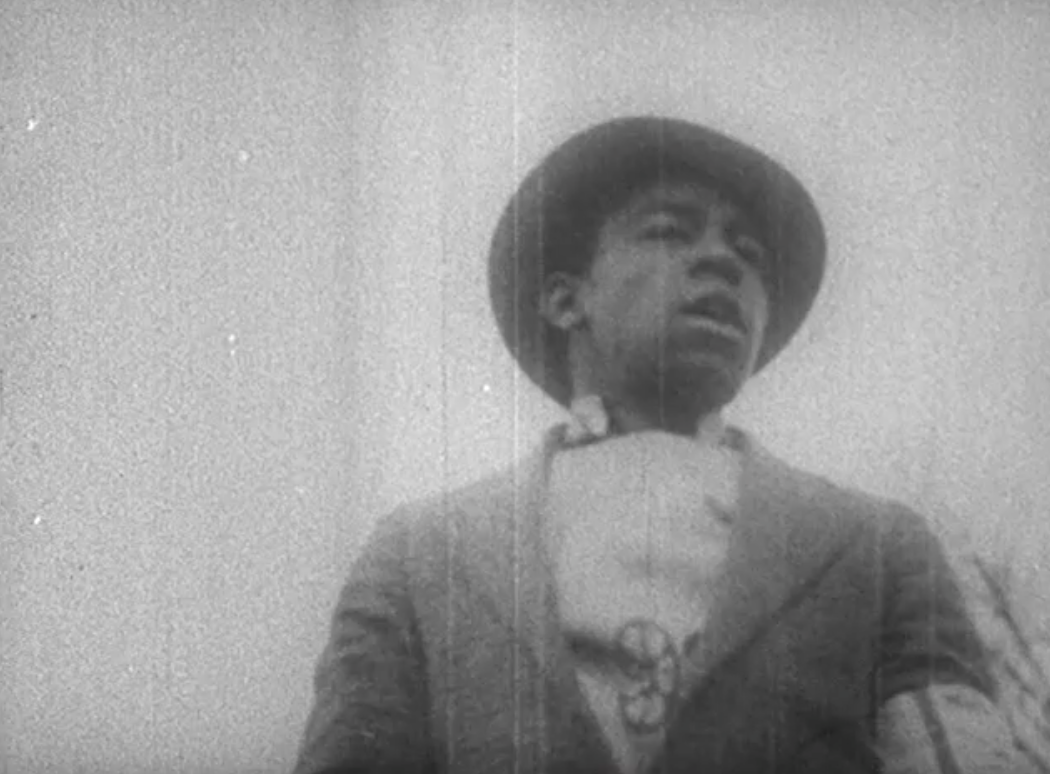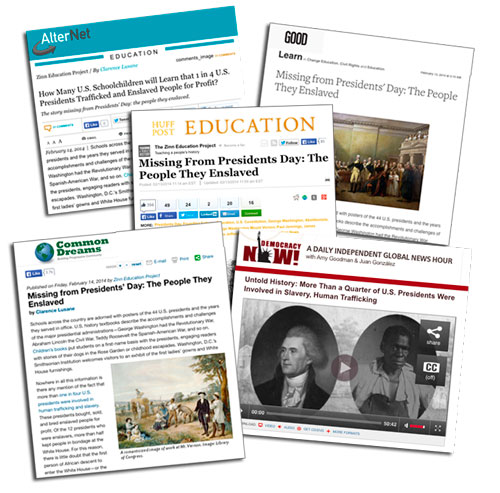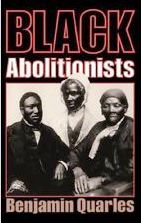By Zaid Jilani, Alternet.org
As part of the long-running textbook wars over American school curricula, the Jefferson County Colorado Board of Education moved earlier this month to alter AP U.S. history standards to meet a more right-wing view of the world, emphasizing “patriotism” and the “free enterprise system” and downplaying “social strife.”
Continue reading
With Banned Books Week (Sept. 21-27) in full swing, we call attention to the recent attempts to ban people's history books and curriculum.
Continue reading
By Mark Kissling
What follows is that reflection, written as a narrative spanning the last decade and a half.
My purpose here is to argue, contrary to Governor Daniels, that students have much to gain from reading A People’s History in their classrooms. For that reason, I encourage all history teachers to bring Zinn’s writings into their classrooms.
Continue reading
Rethinking Schools and the Zinn Education Project are partnering with an exciting project: This Changes Everything: Capitalism vs. the Climate. This "multi-platform" project includes the new book by Naomi Klein, a feature documentary inspired by the book, and an ambitious outreach strategy to share the ideas behind these works with educators and activists, starting in Fall 2014.
Continue reading
We are thrilled that Okinawa based television network Ryukyu Broadcasting Corporation (RBC) is filming a…
Continue reading
Gerald Horne, professor of history and African American studies at the University of Houston, was interviewed on Democracy Now! on "the great disparity between how people in the United States talk about the creation myth of the United States."
Continue reading
History for the People
By Robyn Spencer
In 1989, one of my history professors at SUNY Binghamton assigned A People’s History of the United States in our class and nothing has ever been the same. 1989. Pinochet. Robin Givens and Mike Tyson. George H. W. Bush and Shabba Ranks. The Golden Girls and Iran-Contra. This was my 19-year-old world.
Continue reading
Lifelong freedom fighter Yuri Kochiyama passed away on June 1, 2014 at the age of 93.
Yuri Kochiyama is most widely known for being outspoken against the World War II arrest and internment of Japanese Americans in conditions that literally killed her father.
Continue reading
Article. By Staughton Lynd. 2014.
Report on class on A People's History taught by Staughton and Alice Lynd at the Trumbull Correctional Institution.
Continue reading
Teacher, historian, minister, activist, and author Vincent Harding (July 25, 1931–May 19, 2014) passed away this week at the age of 82.
Continue reading
Ms. Richardson’s vivid details gave life to facts out of a textbook. It makes me
…
Continue reading
On the morning of May 6, 2014, a webcam connected budding student activists and their…
Continue reading
Letter to the editor of the American Educator in response to “Undue Certainty: Where Howard Zinn’s A People’s History Falls Short.”
Continue reading
"Thank you for posting the picture of Huey Newton and the children. I am the girl in the picture. I was 11-years-old and volunteering as a typist for the Black Panther Party . . . Today I work on computers, so I am still typing!" -- Annissa Nadirah Karim
Continue reading
The Zinn Education Project posted all the lessons from The Power in Our Hands: A …
Continue reading
In the United States, there has been a renewal of interest in slavery, the…
Continue reading

